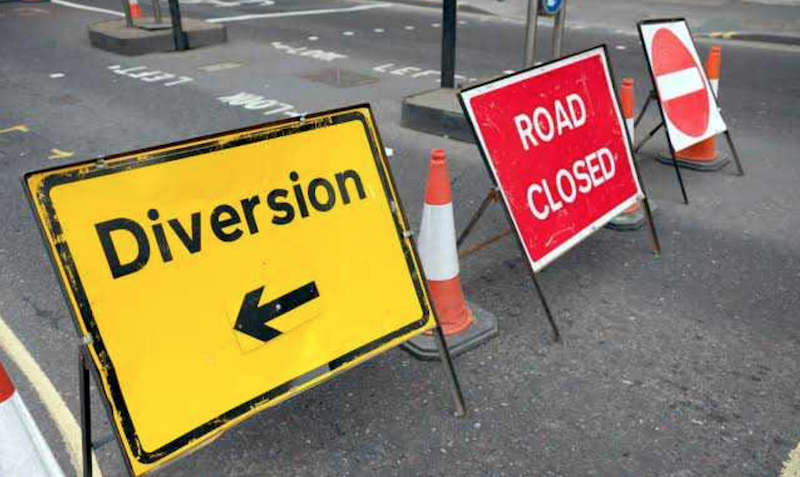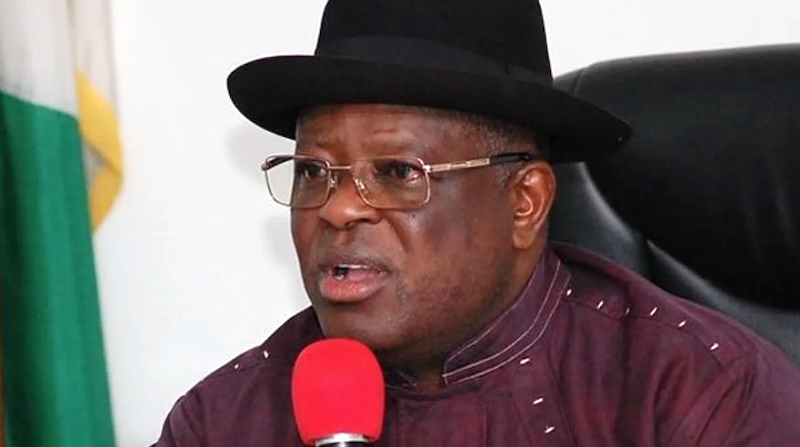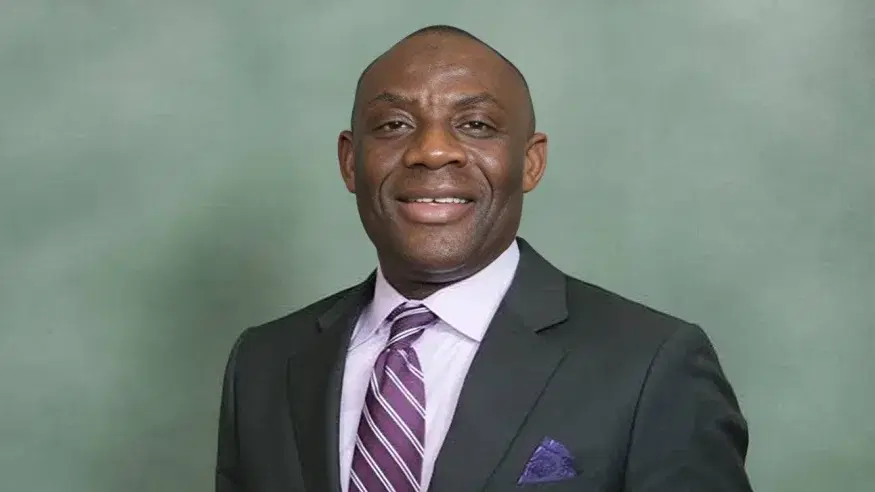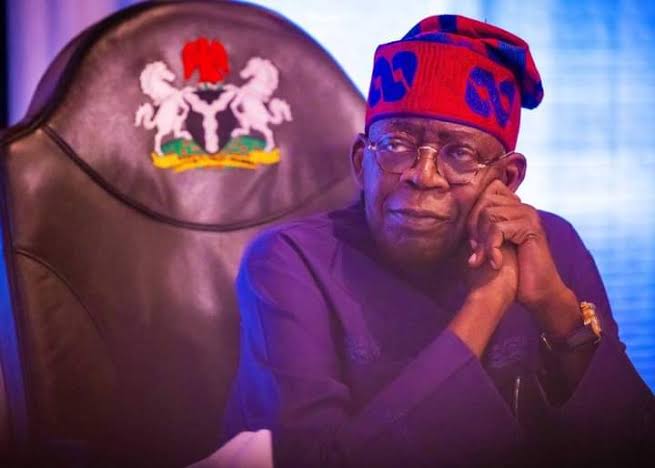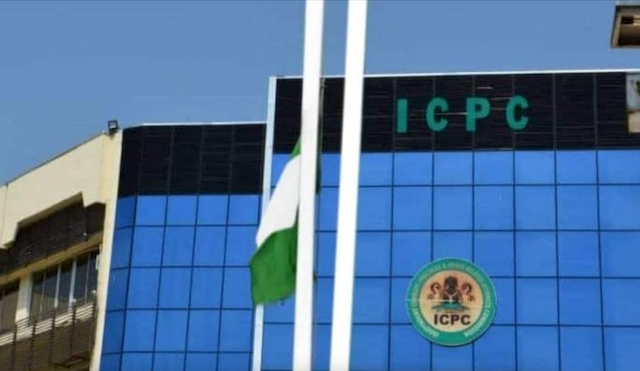The Federal Government, on Monday, prayed a Federal High Court in Abuja to dismiss a bail application filed by four suspects linked to notorious bandit kingpin, Bello Turji.
Mr David Kaswe, lawyer who appeared for the Attorney-General of the Federation (AGF), told Justice Emeka Nwite not to grant the bail request.
Kaswe argued that the defendants were standing trial for terrorism offences.
“We refer this honourable court to Page 9, particularly Paragraph 3.2 of the written address in support of the counter affidavit,” he said.
The lawyer urged the court to take judicial notice that some other members of the group listed as defendants were still at large.
He said, “chief among them is the 6th defendant, Bello Turji, who continues to cause mayhem and havoc to innocent Nigerians and has become a treat to national security.”
While opposing the bail application filed by the 1st defendant (Musa Muhammad Kamarawa), Kaswe said: “in swift opposition, we filed a counter affudavit of five paragraphs deposed to by Michael Akawo. Also we have three exhibits marked as Exhibit A, Exhibit B and Exhibit C.“
“We humbly urge the court to refuse the bail application of the 1st defendant and order accelerated hearing of the case.”
The lawyer equally urged the court to dismiss the bail applications by the 2nd defendant (Abubakar Hashimu, a.k.a. Doctor), the 4th defendant (Samuel Chinedu) and the 5th defendant (Lucky Chukwuma) respectively.
Earlier, A.M. Lukman, who appeared for the first and second defendants; P.I. Ezeme, who represented the fourth defendant and Abdulaziz Ibrahim, SAN, who appeared for the 5th defendant, while moving the bail applications, prayed the court to admit their clients to bail pending the hearing and determination of the charge against them.
Justice Nwite after listening to the parties adjourned the matter until March 14 for ruling on the bail request and for commencement of trial.
The News Agency of Nigeria (NAN) reports that Justice Nwite had, on Dec 23, 2024, ordered the remand of the four suspected terrorists in Kuje Correctional Centre.
The judge made the order after the defendants pleaded not guilty to the 11-count charge bordering on terrorism following their arraignment.
Justice Nwite consequently adjourned the matter until Feb. 10 for trial.
NAN reports that the four suspects; Musa Kamarawa; Abubakar Hashimu, a.k.a. Doctor; Samuel Chinedu and Lucky Chukwuma, denied their involvement in the offences with which they were charged when the 11 counts were read to them.
NAN reports that though eight defendants were listed on the face of the charge, three of them, including Bello Turji, were at large.
However, shortly after the court registrar called the case, only four defendants were in court.
Justice Nwite then asked about the whereabouts of Bashir Abdullahi, who is the third defendant.
Kaswe then told the court that Abdullahi was also at large.
The lawyer, therefore, sought the leave of the court to enter “at large” for Abdullahi and the judge granted the oral application after it was not opposed by the defence lawyers.
NAN reports that the FG, through the office of the AGF, had filed the 11-count charge marked: FHC/ABJ/CR/633/2024 against the eight defendants, four of who are at large.
In the charge filed on Dec. 16 by M.B. Abubakar, Director, Department of Public Prosecutions of the Federation, Musa Muhammad Kamarawa; Abubakar Hashimu, a.k.a. Doctor; Samuel Chinedu and Lucky Chukwuma were sued as 1st, 2nd, 4th and 5th defendants.
While Bashir Abdullahi, Bello Turji, Aminu Muhammad and Sani Lawal, who are all at large, are sued as third, sixth, seventh and eighth defendants respectively.
In count one, Musa Kamarawa; Abubakar Hashimu, aka Doctor; Bashir Abdullahi; Samuel Chinedu; Lucky Chukwuma; Bello Turji (at large); Aminu Muhammad (at large) and Sani Lawal (at large), sometime between 2018 and 2022 in Sokoto State, were alleged to have conspired among themselves to commit the terror act.
They were alleged to have provided material services to terrorists groups led by Turji, Kachalla Halilu, Danbokolo, Lawali, Atarwatse, Buderi and others, by procuring and supplying illicit drugs, including penta injections and cannabis plants (aka indian hemp); food items; military and police uniforms, camouflage.
They were also alleged to have supplied , boots, caps and building materials, including bags of cement, cover zinc, bags of nails, M.M. iron rod, etc., to terrorist camps in the forests located in Zamfara, Sokoto and Kaduna States.
The offence is said to be contrary to Section 17 of the Terrorism (Prevention) (Amendment) Act 2013 and punishable under the same section of the Act.
In count four, Kamarawa, Muhammad (at large) and Lawal (at large), sometime in 2021 in Sokoto State, allegedly aided and abetted the commission of acts of terrorism by acquiring a military gun truck from Libya and supplying same to a terrorist, Kachalla Halilu, at a cost of approximately N28.5 million (28,500,000).
They were alleged to have paid for the gun truck partly in cash and partly via electronic transfer.
The offence, the federal government said, is
contrary to Section 18 (a) of the Terrorism (Prevention) (Amendment) Act 2013 and punishable under the same section of the Act,” the count read in part.
The offence, the prosecution also said is contrary to Section 8 (1) (b) of the Terrorism (Prevention) (Amendment) Act 2013 and punishable under the same section of the Act.


